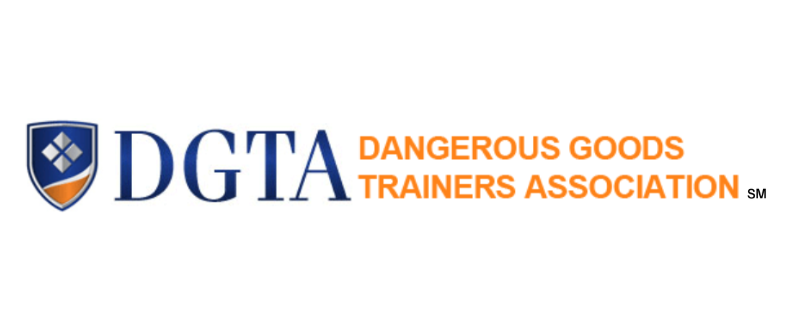Dangerous Goods Trainers Association, Inc
Code of Ethics and Professional Conduct
The Dangerous Goods Trainers Association, Inc. (DGTA) is dedicated to ensuring that the transportation community receives the highest quality training, without compromise! Our members pledge to subscribe to the DGTA Code of Ethics and Professional Conduct. This Code emphasizes the safety and security of people, property and the environment. It defines the obligations, professional conduct, and personal practices necessary to promote the highest standards within our professions.
This Code of Ethics is to be observed by all members of DGTA. Members shall, in their professional activities, sustain and advance the integrity, honor and prestige of DGTA by adherence to these ethics.
- Hold paramount the safety and security of people, the protection of the environment and protection of property in the performance of professional duties and exercise their obligation to advise employers, clients, employees, the public, and appropriate authorities of danger and unacceptable risks to people, the environment, or property.
- Be honest, fair and impartial; act with responsibility and integrity. Adhere to high standards of ethical conduct with balanced care for the interest of the public, employers, clients, employees, colleagues and the profession. Avoid all conduct or practice that is likely to discredit The DGTA, the profession or deceive the public.
- Undertake assignments only when qualified by education or experience in the specific technical fields involved.
- Accept responsibility for their continued professional development by acquiring and maintaining competence through continued education, experience and professional training.
- Avoid deceptive acts that falsify or misrepresent their academic or professional qualifications. Not misrepresent or exaggerate their degree of responsibility in or for the subject matter of prior assignments.
- Conduct their professional relations by the highest standards of integrity and avoid compromise of their professional judgment by conflicts of interest.
- Act in a manner free of bias with regard to religion, ethnicity, gender, age, national origin, sexual orientation, or disability.
- Seek opportunities to volunteer services in civic affairs and work for the advancement of the safety, security and well being of their community and their profession by sharing their knowledge and skills.
- When able, mentor new professionals in the field to ensure the highest standards and ethics continue in our industry.
- Guarantee complete satisfaction for the client and when issues arise, ensure the end result is acceptable to the client and the trainer.
